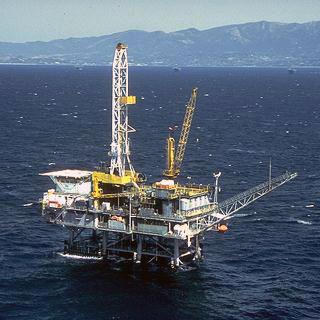
Offshore companies to face higher financial risks
If the new accounting lease model is implemented, companies will likely report higher net gearing ratios and lower asset turnover.
But their operating lease expenses will be replaced by amortisation and interest expenses, says CIMB.
Here’s more from CIMB:
| Swiber’s net gearing to spike if new accounting lease model is implemented. Following the release of comments by the Big Four audit firms on a new leasing exposure draft by the International Accounting Standards Board and Financial Accounting Standards Board, we examine the implications of the proposed changes on offshore supply companies under our coverage. We find that Swiber would have had the highest off-balance-sheet debt as at end-FY10, had it applied the changes. We estimate that Swiber’s adjusted net gearing would deteriorate to 3.0x vs. its reported net gearing of 0.9x. Ezra’s adjusted net gearing would increase to 1.1x from 0.8x. On the other hand, Ezion’s net gearing would not change much as it only has half a liftboat under sale-and-leaseback arrangement while Mermaid does not have any operating leases. The accounting changes represent only a change in form to us, not substance. No change to our stock valuations or ratings. • “Right-to-use” model. To address investors’ concerns regarding off-balancesheet assets and liabilities, the standard setters have proposed a consistent framework to capitalise all leases on lessees’ balance sheets. Under the “right-ofuse” accounting model, lessees have to record assets and liabilities arising from all lease contracts. These assets and liabilities are booked at the present value of the lease payments. • Impact on financials: higher net gearing & lower asset turnover, but higher operating cash flows. If the changes are implemented, companies will likely report higher net gearing ratios and lower asset turnover. However, their operating lease expenses will be replaced by amortisation and interest expenses. This leads to higher operating income and cash flows. • Change in form, not substance. Though companies would appear to have higher financial risks (if we were to simply compare reported net gearing and operating-lease-adjusted net gearing), nothing has in fact changed fundamentally. The crucial question is whether off-balance-sheet operating leases would actually increase financial risks if we merely recognised and capitalised them on balance sheets. We suggest that financial risks would only increase if the companies take • No change in our valuations or stock ratings. Our target prices and stock ratings are intact as our outlook has not changed. Though the proposed standards seem to be harsher, they should help to improve comparability between companies and transparency for investors. While there are still kinks to be ironed out, we generally welcome the change. |
























 Advertise
Advertise










